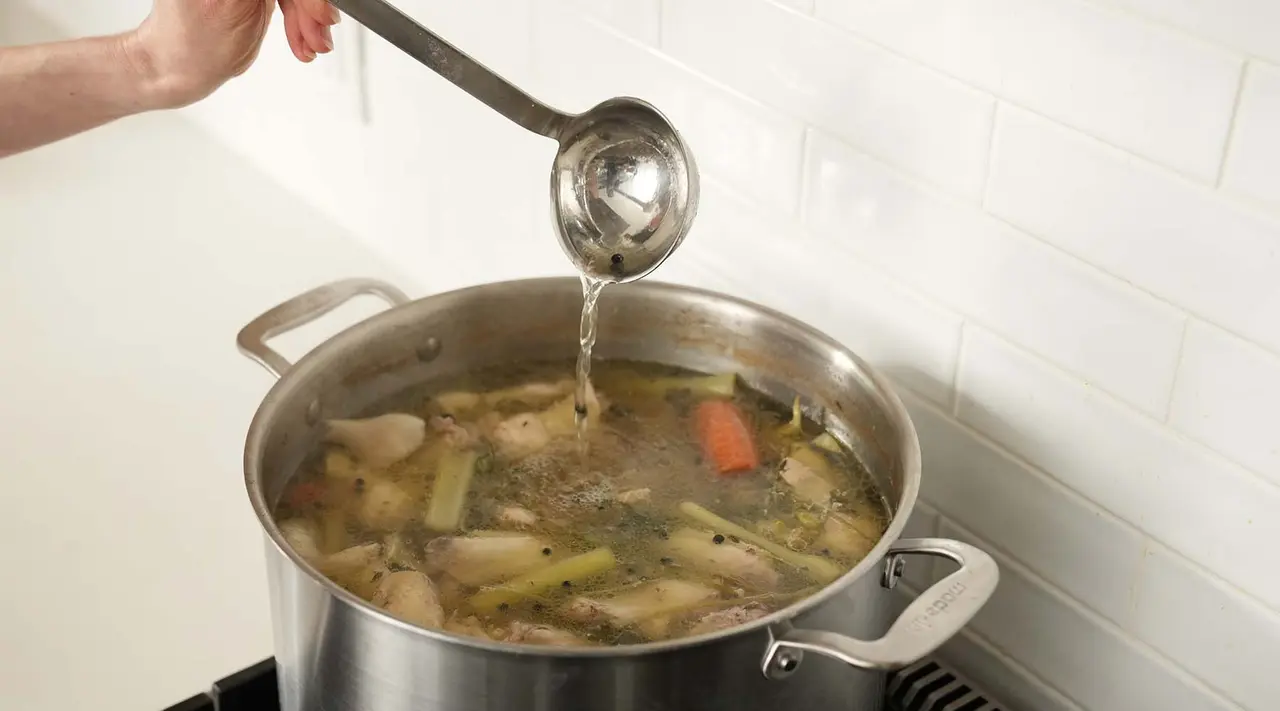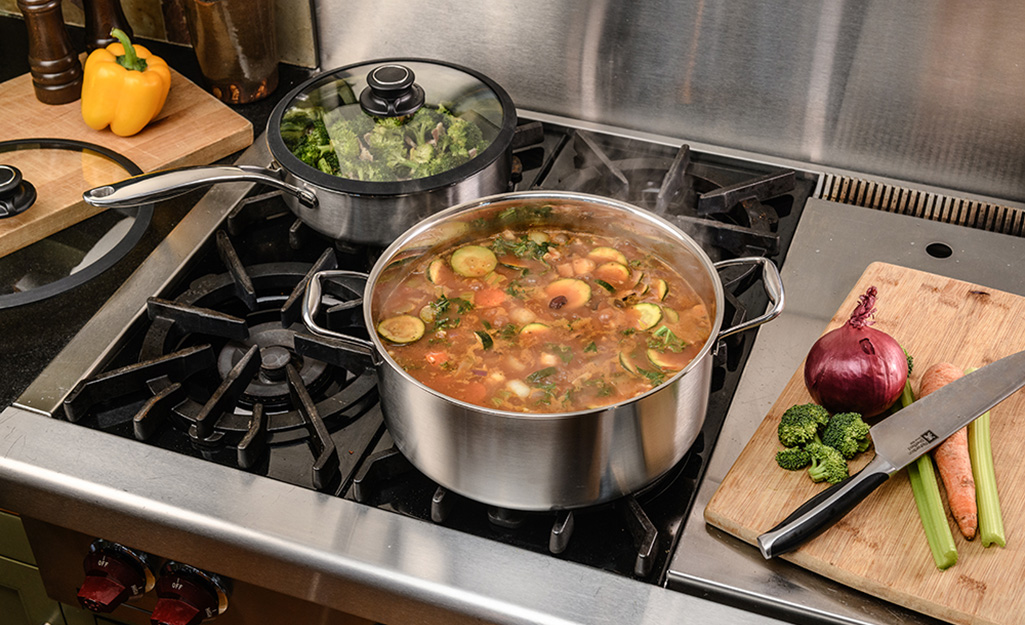What is a Non-Reactive Stock Pot? An Essential Guide for BBQ Enthusiasts
Written By James Morgan
For barbecue enthusiasts, equipment selection can make or break your culinary efforts. Among the many tools at your disposal, a non-reactive stock pot stands out, especially if you're trying to nail that perfect stock or sauce. So, what is a non-reactive stock pot? In essence, it's a pot made from materials that do not react chemically with acidic or alkaline foods. This article will give you a comprehensive understanding of why this is crucial for BBQ enthusiasts.

Characteristics of Non-Reactive Stock Pots
Non-reactive stock pots are typically made from stainless steel or enamel-coated cast iron. These materials ensure that no metallic taste leaches into your food. For BBQ lovers, this means that your marinated meats and brothy sauces remain pure in flavor.
Materials Matter
When we talk about a non-reactive stock pot, stainless steel and enamel-coated cast iron are the stars of the show. Stainless steel is durable, easy to clean, and resistant to acidic ingredients. Enamel-coated cast iron provides excellent heat distribution and also avoids any chemical reactions with your food.

Why BBQ Enthusiasts Need Non-Reactive Stock Pots
A non-reactive stock pot offers barbecue enthusiasts the ability to craft detailed, complex flavors without worrying about acidic ingredients interacting with the metal. Think about the tangy marinations and rich tomato sauces that are the hallmark of BBQ cuisine. A non-reactive pot ensures that these flavors stay true to their intended profile.
Perfect for Marination
Creating the ideal marinade is a labor of love for any BBQ enthusiast. Using a non-reactive stock pot for your marination process ensures that you're capturing every nuanced flavor without any metallic taste. Check out this guide on using a Knorr stock pot for additional tips on achieving perfect marinades.

Additional Uses of Non-Reactive Stock Pots
Beyond marinations and sauces, non-reactive stock pots are versatile enough for a range of BBQ-related tasks. Whether you're boiling ribs, cooking beans, or preparing a seafood boil, these pots are invaluable. Learn more about the different sizes available for specific tasks here.
Uniform Heat Distribution
One of the unsung benefits of non-reactive pots is their ability to distribute heat evenly. This is especially important when cooking large cuts of meat or simmering sauces for extended periods. Trust us, you don't want to keep stirring just to avoid hotspots.

How to Clean and Maintain Your Non-Reactive Stock Pot
Proper maintenance ensures that your non-reactive stock pot will last for years. Here are some quick tips: Avoid using abrasive cleaners to preserve the non-reactive surface. Hand washing is generally recommended to maintain the pot's condition. For more detailed instructions, refer to this comprehensive guide.
Regular Inspection
Make it a habit to inspect your non-reactive stock pot for any chips, especially if it's enamel-coated. Any damage can render the pot reactive, defeating the purpose.
FAQs
What are the advantages of using a non-reactive stock pot?
The main advantage is that it prevents metallic taste and maintains the integrity of your ingredients, especially when cooking with acidic foods.
Can I use a non-reactive stock pot for all types of cooking?
Absolutely! These pots are versatile and can be used for everything from boiling, simmering, to making stocks and sauces.
How do I identify a non-reactive stock pot?
Look for materials like stainless steel or enamel-coated cast iron. If you're unsure, the product label usually mentions if it's non-reactive.
For more barbecue tips and tricks, visit our blog section.
As an Amazon Associate, I earn from qualifying purchases.
Finally, dont forget to check out this external link for additional information on stock pots.
As an Amazon Associate, I earn from qualifying purchases.



